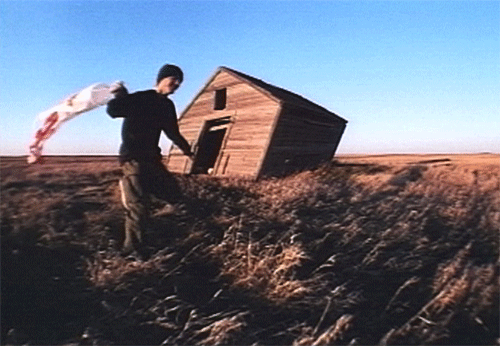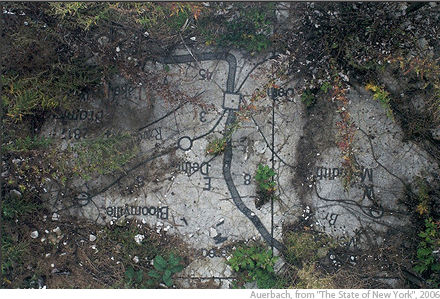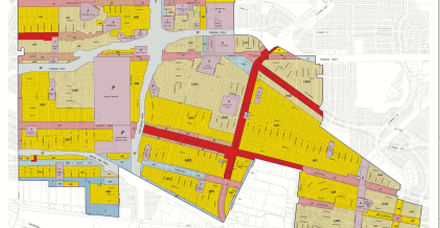Saturday June 20 at g727
Daylight Engagement: 4pm to 6:30pm
Night Engagement: 9:30pm to 12midnight
enGage ludiCity is a Situationist-inspired ludic urban action (detournement / derive) using mobile technology for collective design and reflection on the psychogeography and historicity of Los Angeles. A Cultural Civic Computing experience by UCLA’s Center for Research in Engineering Media and Performance (REMAP).
For more information, visit la.remap.ucla.edu/ludicity.
The term “ludic” refers to any situation or activity relating to play or playfulness. As was the case for the Situationist International movement, playfulness is a key component of this project. Participants are invited to explore the city as a “ludic space” and to experience the city through “ludic actions”. The intention is to disrupt capitalist psychogeographic tendencies and promote new ways of seeing and thinking the city.
For one week leading up to the collective engagment (June 13-20), participants will generate information about the city by logging locations and actions with their phones using text messages. On June 20th everyone is invited to explore downtown LA using new maps created from this accumulated information.
The process is structured in 3 stages:
A) Personal Disruptive Ludic Actions (ludus constituo)
+ Participants create and register a Fictitious Identity at http://la.remap.ucla.edu/ludicity/createuser.php
+ The enGage ludiCity Situationist Messaging System (sms) sends random ludic action requests to each participant’s cell phones. Participants send feedback on the performed/completed actions.
+ Through their ludic actions and feedback the evolving Situationist Ludic Map at la.remap.ucla.edu/ludicity/actionmap is created by the participants.
B) Collective Situationist Ludic Engagement (ludis locus)
+ Participants gather to explore downtown using the collectively-created Situationist Ludic Map and sets of Situationist Dérive Instructions generated from the ludic actions feedback.
+ As they explore downtown participants engage in repurposing and transformative activities (detournement).
+ Participants are equipped with mobile technology to generate automatic documentation (paths, sounds, images) of their Situationist experience.
C) Reflexive Situationist Dialogue (ludis meditor)
+ Participants and others will be able to access all of the materials generated in the first two stages, comment and dialogue about them.
We hope you will join us for all three stages of the experimental process. But you can choose any combination that fit your schedule and interest. We do ask you to please register using the form at http://la.remap.ucla.edu/ludicity/createuser.php.
REMAP
The Center for Research in Engineering, Media and Performance is a joint effort of the UCLA School of Theater, Film and Television and Henry Samueli School of Engineering and Applied Science. REMAP bridges the world-class faculty and students of HSSEAS and TFT to explore new enriching cultural forms and empowering social situations enabled by the thoughtful interweaving of engineering, the arts and community development.
“In a dérive one or more persons during a certain period drop their relations, their work and leisure activities, and all their other usual motives for movement and action, and let themselves be drawn by the attractions of the terrain and the encounters they find there. Chance is a less important factor in this activity than one might think: from a dérive point of view cities have psychogeographical contours, with constant currents, fixed points and vortexes that strongly discourage entry into or exit from certain zones.” (From Guy Debord’s Theory of the Dérive)




